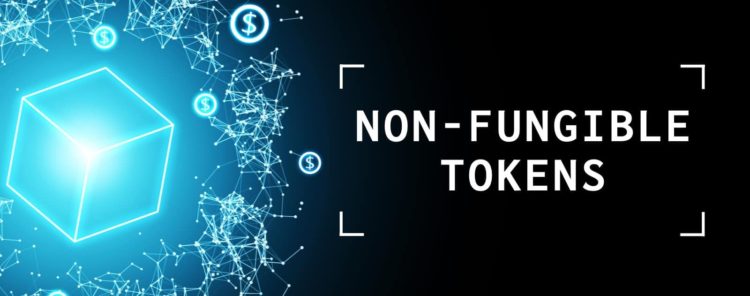Audi-backed in-car entertainment company holoride, has taken a big step forward in bringing its XR vision to market through the adoption of the Elrond blockchain technology.
Described as the world’s first immersive in-vehicle media platform, the tie-up with Elrond will allow holoride to, among other things, to integrate NFTs into its ecosystem.
XR refers to the concept of ‘extended reality’, in which virtual and augmented realities exist in a computer-generated environment alongside a real world inhabited by wearables and other connected devices.
Holoride’s announcement follows on from its successful Series A investing round completed at the end of April.
Holoride is using Elrond’s blockchain to building personalised passenger experiences and to distribute revenues among partners.
Elrond’s network is highly scalable, and claims to be the first blockchain to have implemented state, network and transaction sharding.
Elrond’s EGLD native token cryptocurrency is the 57th ranked crypto by market capitalisation and is valued at $1.74 billion.
Elrond Brings NFTs to in-car entertainment
The holoride product is predicated on the assumption that we spend inordinate amounts of time travelling from A to B in vehicles and that passengers get easily bored, so why not take the opportunity to entertain this captive audience in new more immersive ways that go beyond listening to the radio of watching a film on a tablet or in-car system?
The company is not short on ambition as it wants to every ride for passengers into a trip to the theme park.
So how do they plan to achieve this lofty end goal? Well, it is taking a highly innovative approach that enriches the hyper-immersive XR experience by combining it with navigational and car data. Put another way, the real-time feedback of the physical world constitute dynamic inputs for the system “so you really start to feel what you see”.
Because no journey is exactly the same each time, it means that neither is the XR experience with holoride’s so-called ‘elastic’ content adaptive tech, that monitors features such as driving styles, locations and route length.
One fascinating feature touted by holoride is its ability to overcome the nausea associated with current in-car entertainment, be it reading a book or watching a film. Holoride claims that because of the minimal latency it reduces the motion sickness caused when what you see and what you feel is out of sync.
NFT sector penetration is accelerating
Holoride is hopeful of boosting engagement by enabling the buying and collecting of non-fungible tokens (NFTs).
NFTs are a type of crypto token in which each token is unique and can therefore be used to record the ownership of unique individual items and/or assets, such as works of art, digital trading cards and in-game items.
The CEO and co-founder of holoride, Nils Wollny, identifies the coming together of the digital and physical world – increasingly being referred to as the metaverse – as a huge opportunity for companies such as his.
“Our mission is to make transit time more valuable for everyone. Through NFTs, we envision the highest level of personalisation for users while offering a one-of-a-kind XR experience with compelling monetisation opportunities for our partners,” said Wollny
He added: “As we look to expand across global markets, blockchain technology and NFTs help us scale while securing the integrity of our developer-centric and car manufacturer-agnostic approach.”
Linking the virtual and real world with help from the blockchain
Holoride’s NFTs will work by linking various elements in the digital world to different locations and events.
For example, people will be able to travel in a virtual vehicle and even collect some content left by developers on their way.
So, this new experience will include experiences such as sitting in a car with a VR headset on and then catching different NFT-badged items left by creators on your journey route, with each item uniquely collectible. The tokens will also be tradeable.
In addition, Wollny compares the NFT-infused experiences holoride is creating as akin to a player in a video game earning rewards from their skills. The only difference is that in the holoride worlds a player has ownership of their unique in-game rewards and can therefore trade them on an immutable, trusted and decentralised system, courtesy of Elrond’s scalable blockchain.
Audi is suitably impressed by the possibilities opened up by holoride.
“We’re excited to explore blockchain’s potential with holoride,” says Sven Schuwirth, Senior Vice President Digital Experience and Business at AUDI AG. “We strongly believe that it is all about creating meaningful and customer-centered experiences.”
NFTs have become highly popular in other sectors such as sports, art, and the entertainment sector.
Get Free Crypto Signals – 82% Win Rate!
3 Free Crypto Signals Every Week – Full Technical Analysis
Credit: Source link













































































































































